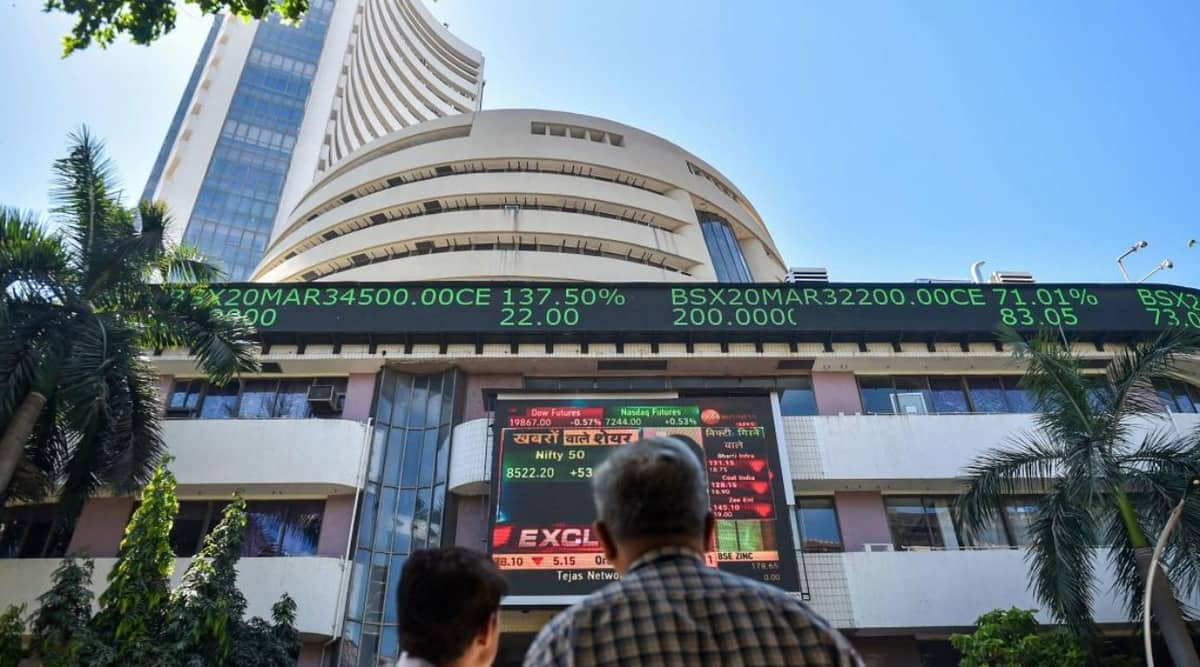
By Madhu Sudan Kankani
The current pandemic has created significant uncertainties across various spectrums of life including social and business aspects. Organisations across segments have seen a significant amount of disruption in their business models, future outlook of business, management of short to medium term uncertainties, managing cash and liquidity as well as testing the resiliency of the business models from a long term perspective.
In the first 3-4 months of the fiscal year 20-21, the capital markets witnessed extremely low activity in India with single digit listing. This was significantly driven by tepid investor sentiments, dwindling valuations, future uncertainties of business models as well as geo-political situations. However, in the past couple of months, the capital markets are seeing significant rise in listing activity. In addition, there are many companies who may be looking to prepare for listing in the near future. This activity is also supported by favourable policy making and relaxations by regulators such as extension of validity of offering documents and measures focussing on ease of doing business. Recent IPOs have shown that for business models that give good confidence to investors, liquidity is not an issue.
Some of the key factors impacting the IPOs are long term resilient business models of the companies, the expectations around business valuations and geo-political considerations as well. Regulators continue to support companies through more appropriate and timely relaxations to encourage them in moving ahead with their listing plans. For example – regulators are also evaluating to provide direct listing alternatives to Indian companies which could be a significant reform. Therefore, going forward, IPOs are expected to gain significant interest both from companies as well as investors.
Accordingly, companies with strong fundamentals, resilient business model and future outlook are likely to consider IPO as a route for future growth as well as capital needs. A significant amount of activity is seen from tech enabled companies especially in segments like e-commerce and Fin-tech. Also, companies, who had prepared to go for listing prior to the pandemic, but had to temporarily defer the listing, may renew their listing plans. Furthermore, the government is also looking at listing as an option for its divestment programs and a number of PSUs may consider IPO as an alternative and that may significantly propel the IPO activity in the market. There are many regulatory driven IPOs expected as well – for example – as per the regulations, many small finance banks are required to list within a time frame as well.
Therefore, overall, the IPO activity is likely to witness significant interest in the near future in India, in line with global markets.
(Madhu Sudan Kankani is Partner at Deloitte India. Views expressed are the author’s own.)


